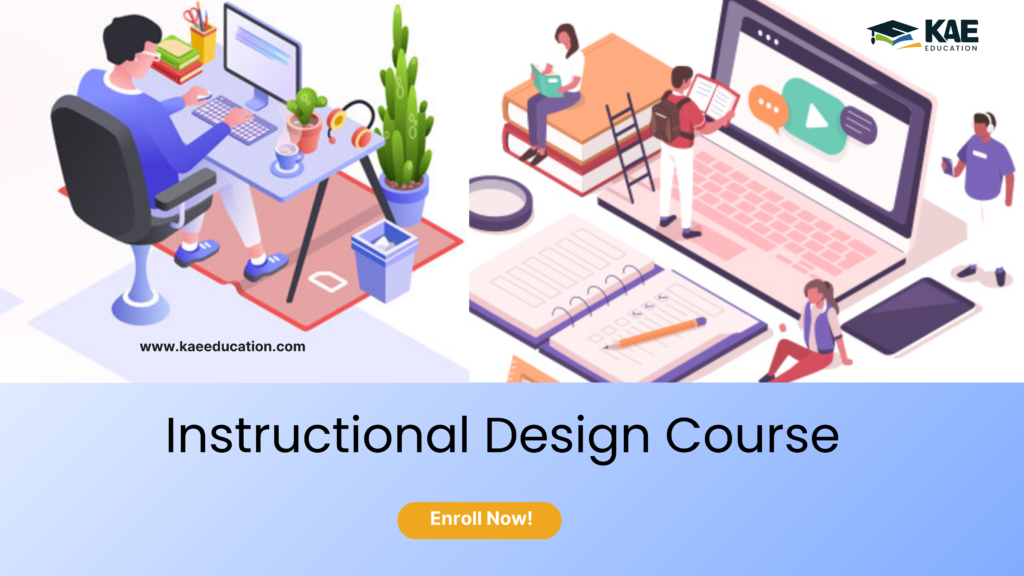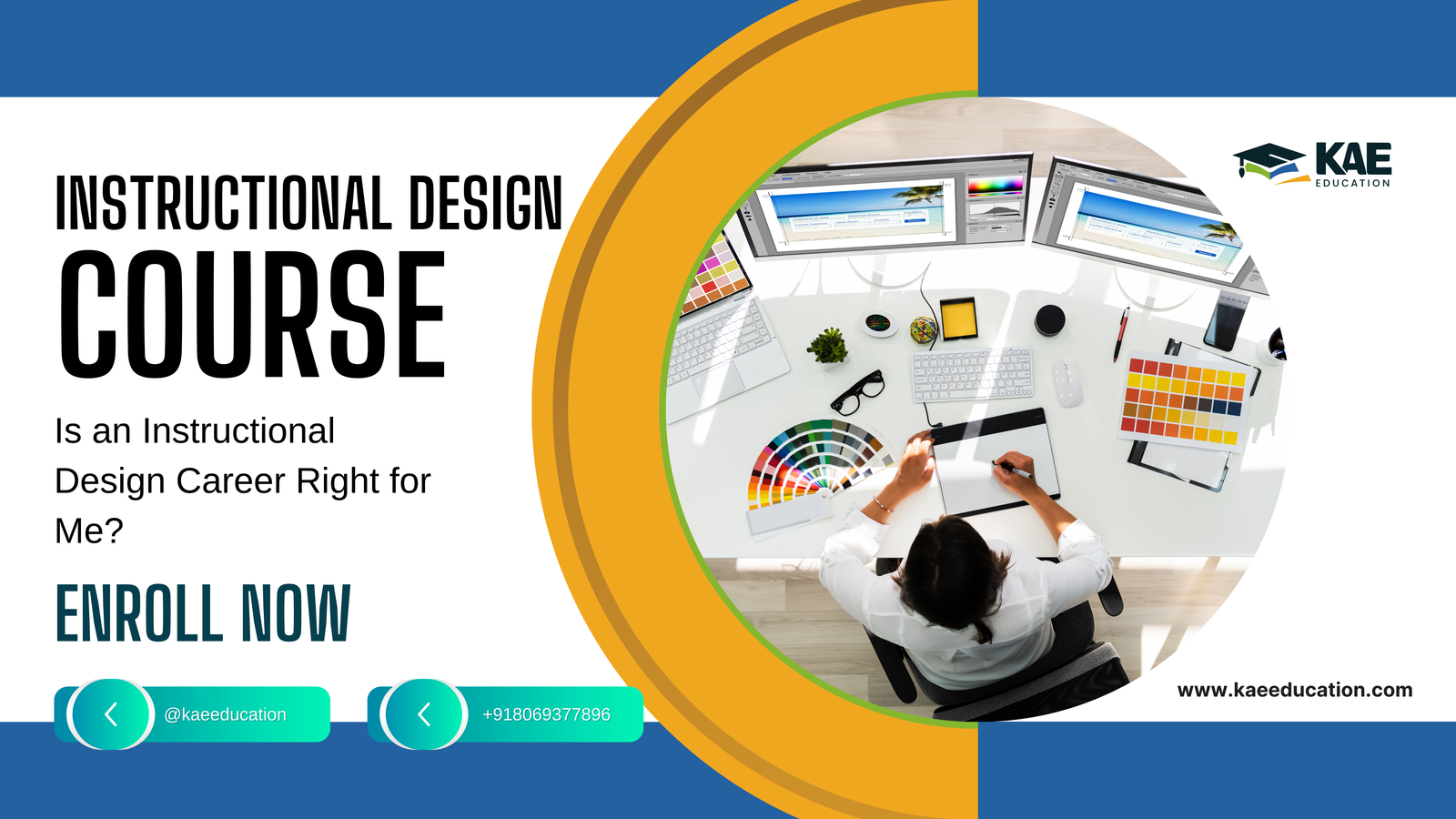Is an Instructional Design Career Right for Me? Exploring the Path to Success in Learning Design
In today’s digital learning age, Instructional design is a powerful field that combines creativity, psychology, and technology to create engaging and impactful learning experiences. But what does an Instructional design career entail, and how do you know if it’s right for you? This guide will explore the essentials of an Instructional design course, its key benefits, and what it takes to excel in the profession. If you’re considering making a difference in how people learn, this path might be the perfect fit!
What is an Instructional Design Course?
An Instructional design course provides the knowledge and skills needed to create educational programs and materials that facilitate effective learning. It covers areas like learning theories, curriculum planning, multimedia usage, and educational technology, equipping you to design tailored learning experiences for diverse settings, including corporate training, K-12 education, higher education, and e-learning.
Key Topics in an Instructional Design Course
(i) Learning Theories and Models:-
Understanding the psychology behind how people learn is foundational to creating effective Instructional materials.
(ii) Multimedia and Technology Integration:-
Learn how to use digital tools and multimedia to enhance learner engagement and retention.
(iii) Instructional Strategies and Assessment:-
Develop methods for structuring lessons and designing assessments that support learning objectives.
(iv) Project Management:-
Instructional Development often involves managing multiple projects, timelines, and stakeholders.
(v) Content Development:-
Learn to create content that is clear, engaging, and aligned with learning goals.
Why an Instructional Development Course Can Be a Game-Changer
Instructional Development courses go beyond theory; they provide practical, hands-on experience. Graduates of an Instructional Development course possess skills in both traditional and digital educational methods, making them valuable in a variety of fields. This course empowers you to transform learning concepts into well-organized, efficient training programs and resources that can be applied in many Industries.

Benefits of Pursuing an Instructional Design Career
An Instructional design career can be highly fulfilling for those who enjoy creating learning experiences. Here’s why this field is in demand:
(i) High Career Flexibility:-
Instructional Development are needed across Industries—Education, Healthcare, Corporate training, Technology, and Government.
(ii) Creative Problem-Solving:-
The role encourages creativity in designing courses that can make learning easier and more enjoyable.
(iii) Professional Growth:-
Constantly evolving technology in the field offers continuous learning and development opportunities.
(iv) Work-Life Balance:-
Many Instructional Development positions offer remote or hybrid work options, adding flexibility to the workday.
Is Instructional Design Right for You?
Before committing to an Instructional design course, consider whether you enjoy working with technology, understanding educational principles, and translating complex information into digestible content. Instructional Development often work with subject matter experts to develop courses, and they benefit from strong communication, creativity, and project management skills.
Final Thoughts: Is Instructional Development for You?
If you’re passionate about helping others learn and thrive in environments where creativity and organization are valued, Instructional Development could be an excellent career choice. This field’s blend of educational theory, technology, and design offers endless possibilities for personal and professional growth. An Instructional design course could be the first step in a rewarding career that impacts how people learn and achieve their goals.
FAQs:
Many courses welcome learners from diverse fields; prior experience in education or training can be helpful but is not mandatory.
Absolutely. Many Industries such as healthcare, finance, and IT need Instructional designers for employee training and compliance.
Yes, most courses introduce you to Industry-standard tools like Articulate Storyline, Adobe Captivate, and LMS platforms like Moodle.
Balancing creativity with clear Instructional goals can be challenging but is key to effective course creation.
Instructional Development is focused on course structure and learning strategies, while teaching is more about content delivery.
Yes, many Instructional design roles are available as remote positions, especially in corporate and e-learning sectors.
You’ll typically create real-world projects, like designing training modules, lesson plans, and assessments.

